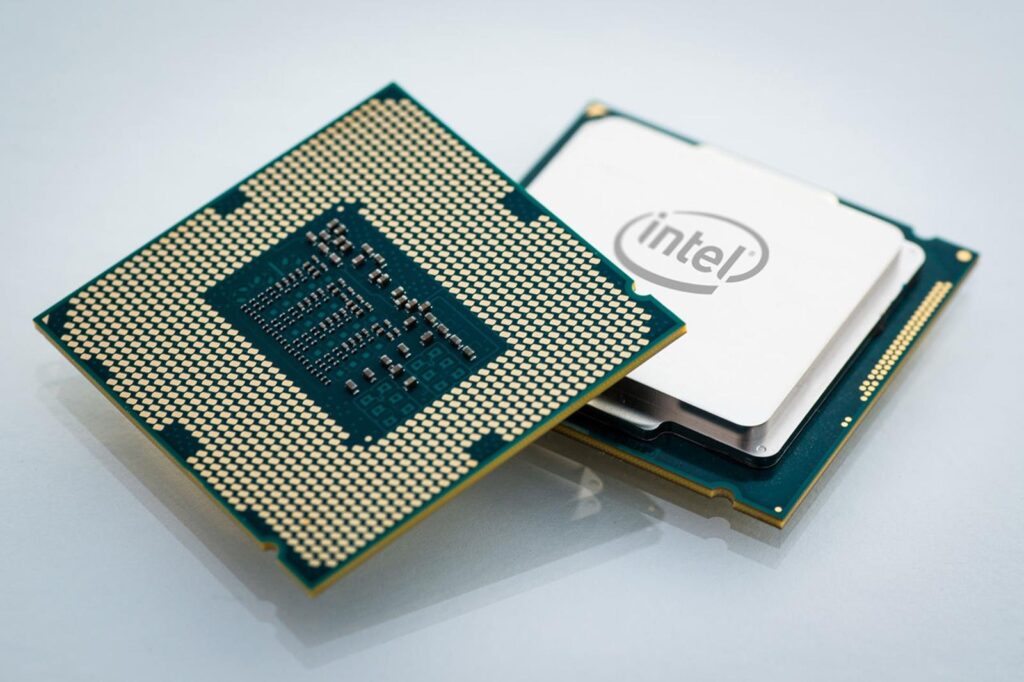Central processor (CPU) is frequently called the “brain” of a computer–and it’s for a reason. In absence of it, most loved applications wouldn’t function or load, websites won’t work and your games would not appear. What’s the real story in this chip? What do you need to know when you’re constructing a computer or are looking to upgrade your configuration? Welcoming to the realm of CPUs!
If you’re a geek or casual user or someone trying to grasp the basic concepts of processing power This article will lead you through an exciting tour around the world of CPUs. The article will break down the way the CPU operates, discuss the most important terms such as threads and cores, talk about the various brands of processors and will also discuss how to select the most suitable CPU to meet your needs.
Understanding the Basics of CPUs
What is a CPU?
The CPU, also known as the Central Processing Unit, is the part responsible for running instructions to make your computer function. It takes care of everything from opening browsers to running sophisticated machine-learning algorithms. Imagine it as the motor that powers your online interactions.
The CPU works in conjunction with other essential hardware pieces like memory (RAM) and storage for seamless operation of your system. Although it’s not the sole element that can affect efficiency, it plays an important role in the determination of how fast and efficiently tasks are completed.
How Does a CPU Work?
In its fundamentals, the CPU is a cycle that process instructions, in a single step:
- Fetch – The CPU reads a program from memory.
- decode – It helps to understand what the instructions mean.
- execute – – The processor performs the command.
- store Results are saved for use in the future. usage.
All of this happens in a lightning fast speed, thanks to modern processors processing millions of instructions every second.
Key Features of a CPU
All CPUs are not created to be the same! These are the most important specs you’ll see when searching to find one:
Cores and Threads
- Cores refer to the distinct processors within the CPU. A CPU with more cores is capable of handling more tasks concurrently. In other words, a quad-core processor can handle more than four things at once.
- Threads can be described as virtual cores. Technology like Hyper-Threading (Intel) or SMT (Simultaneous Multithreading ) for AMD CPUs) generate more threads which boost multitasking capability.
For the casual user for casual users, 4 to 6 cores can be adequate. Video editors and gamers, however could require 8 cores or more in order to cope with the demands of demanding work.
Clock Speed
Measuring in GHz (gigahertz) the clock speed tells you how quickly the CPU is able to execute instruction. The greater it is, the more quickly the job is completed. Be aware of the other aspects like the core count or architecture.
Cache Memory
Consider cache memory to be the personal assistant of your CPU. It stores temporary data and allows the CPU to access it more quickly than accessing the data from RAM. Most CPUs have levels 1 (L1) (L1), Level 2 (L2) and the Level 3 (L3) caches for various requirements for data access.
CPU Brands and What They Offer
In the realm of CPUs, the two main contenders include AMD and Intel as well as AMD.. This is how they differ
Intel
- They are known by the core i3 I3, i5, i7 and the i9 series Intel processors are among the most well-known CPUs that are available.
- They have a great single-core gaming performance, which makes them the most popular gaming device.
- The latest Intel innovations include E-cores (efficiency cores) and P-cores (performance cores) for hybrid capabilities.
AMD
- AMD’s Ryzen series is challenging Intel’s dominant position by providing additional cores and threads, at affordable costs.
- With a reputation for its robust multi-core performance, AMD CPUs are favorites for multitaskers and creators.
- Their most recent Ryzen7000 line is driven with a revolutionary 5-nanometer technology.
Both brands are renowned for their strengths. Therefore, the best option will depend on your individual preferences.
How to Choose the Right CPU for Your Needs
If you are considering buying or upgrading the CPU, bear these things to keep in mind:
For Gaming Enthusiasts
When gaming becomes your primary goal, you should look for processors which have high speed as well as a strong single-core performance. Some examples include the Intel Core i5 and AMD’s Ryzen 5 processors.
For Content Creators
3D rendering, video editing graphics design, as well as video editing need multi-core processors. Think about AMD Ryzen 7 or Intel Core i7 processors with more numbers of threads and cores.
For Everyday Browsing and Work
If you need to send emails, browse the web as well as basic work tasks, a dual-core quad-core processor like AMD Ryzen 3 or Intel Core i3 or AMD Ryzen 3 can do the job perfectly.
Budget
Your budget is a key part. Choose a budget that is comfortable and then look for CPUs with the highest performance within these limits. AMD processors tend to be less expensive for their main numbers, whereas Intel is a top performer in performance and reliability.
The Future of CPUs: What’s Next?
The world of CPU is changing faster than it has ever. We can anticipate the following:
- smaller process nodes: Newer CPUs are produced using smaller transistors like AMD’s 5nm process. This translates to less power consumption and greater efficiency.
- AI Integration A lot of modern CPUs have AI-specific accelerators for handling the machine learning tasks.
- Quantum Computing Technology Advancements: Though still in the early stages of development, quantum processors could change the way computing is done by tackling problems previously thought impossible to solve with conventional CPUs.
This technology will change the way companies and people interact with technology over the coming years to in the years to.
Why Understanding CPUs Matters
If you’re a fan of gaming or a graphic designer, or simply a regular computer user, having a good understanding of CPUs allows users to make educated choices about the configuration of your PC. It could mean that the difference between a fast user experience that is smooth and effortless, or a frustration-inducing lag time.
Final Thoughts
Although the CPU is small however its effect on your experience with computing can be huge. From monitoring gaming performance or improving productivity at work knowing its capabilities and capabilities will save you the time, cash, and stress.
After you’ve had a glimpse into the computing world and the CPU, you’ll have the understanding to make more informed choices.
Also Read:- razer-blade-15-2018-h2



